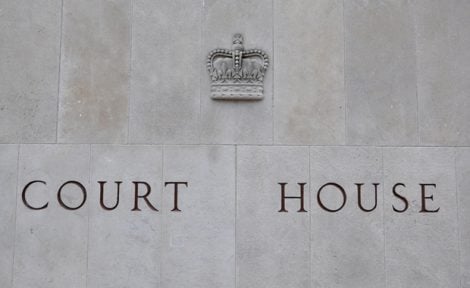Mark Blakeway, Head of Lettings at The Grantley Group comments:
Mark Blakeway, Head of Lettings at The Grantley Group looks at some of the unintended consequences of the Tenant Fees Act
 Landlords, agents and tenants have been counting down to June 1, when the rule-book on fees for rental properties is thrown out and some big new changes implemented with the Tenant Fees Act 2019. This is only added to the myriad of new taxes and regulation to raise the standard of rental properties which have seemed to punish landlords over recent years.
Landlords, agents and tenants have been counting down to June 1, when the rule-book on fees for rental properties is thrown out and some big new changes implemented with the Tenant Fees Act 2019. This is only added to the myriad of new taxes and regulation to raise the standard of rental properties which have seemed to punish landlords over recent years.
At first glance, the Tenant Fees Act certainly seems to favour the tenants at the detriment of landlords, overhauling and capping fees at the beginning of a tenancy and throughout, and banning many tenant costs outright.
However, this could mean higher costs elsewhere as landlords look to make back the money lost, an obvious area being the rental fee itself. In addition landlords will be less inclined to offer tenancies with six month break clauses and will seek longer lets. The consequence of higher rents and longer tenancies could mean the majority of tenancies will offer next to no flexibility for tenants – meaning tenants being able to negotiate out of a contract early will be a thing of the past – which is something many seek when finding their next home.
The Tenant Fees Act, coupled with higher tax arrangements for second homes and the further erosion of tax relief on the interest of mortgaged buy-to-let properties, may lead to an ever-increasing exodus of landlords from the buy-to-let market.
‘No deposit’ schemes, which are becoming more and more popular, could be costly to tenants over the long term if they wish to rent for more than a year, as landlords look for ways to replace deposits.
This will all drive rents even higher for tenants, for whom the legislation was created to benefit in the first place.
On the industry side, we also expect to see competition pick up between supplies of services – such as referencing companies – which will lead to price wars as agents and landlords try to cut costs.
Ultimately, we believe that what is good for the tenant is good for the buy-to-let owners who take their duty of care seriously. The series of changes affecting landlords is complex and varied, and those in charge of poor, non-compliant houses and apartments are far less likely to recognise the financial benefits of continuing with buy to let.
This will in turn mean that the number of high-quality, fit for purpose rental homes will increase, which is great news for the record numbers of tenants priced out of home ownership. It also means however that in the end, the weak are pushed out. The landlords left standing at the end will be the ones to gain financially from an improved sector.





